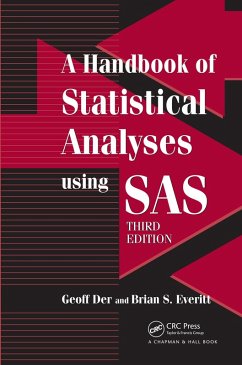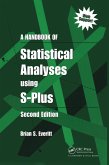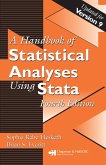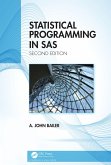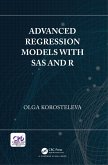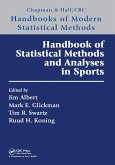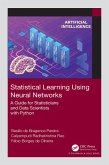Remaining the go-to resource for learning how to use SAS for many kinds of statistical analysis, this third edition of a bestseller explains how to conduct a range of statistical analyses using the latest version of SAS. It illustrates each type of analysis with numerous real-world data examples, such as environmental causes of diseases, hypertension treatment, and gastric cancer treatment. This edition presents the new graphics procedures of SAS 9.2. It also includes more end-of-chapter exercises and selected answers in the appendix, along with a solutions manual that provides SAS code, output, and comments. The SAS programs and data sets used in the book are available online.
Dieser Download kann aus rechtlichen Gründen nur mit Rechnungsadresse in A, B, BG, CY, CZ, D, DK, EW, E, FIN, F, GR, HR, H, IRL, I, LT, L, LR, M, NL, PL, P, R, S, SLO, SK ausgeliefert werden.

